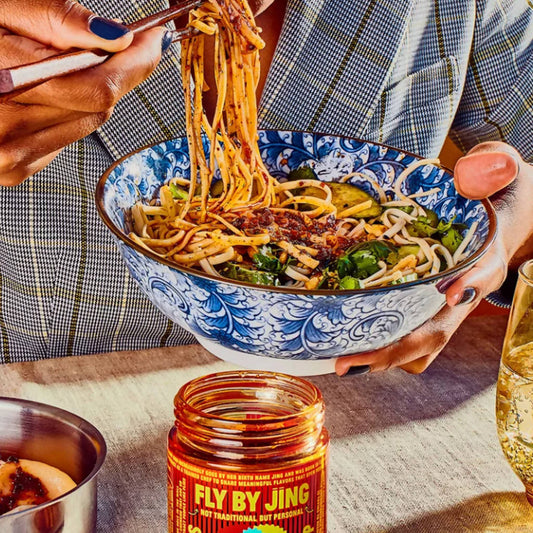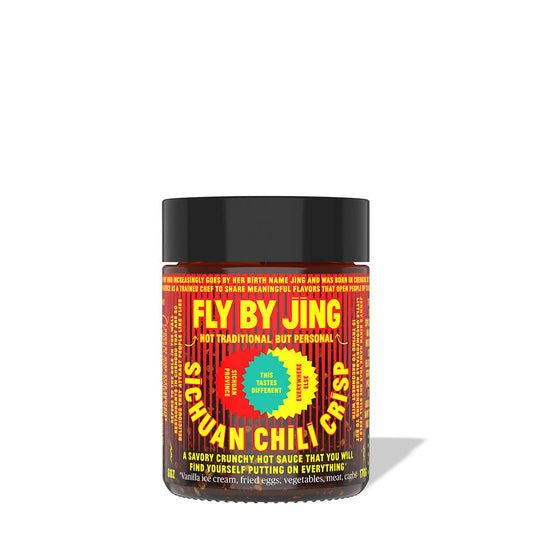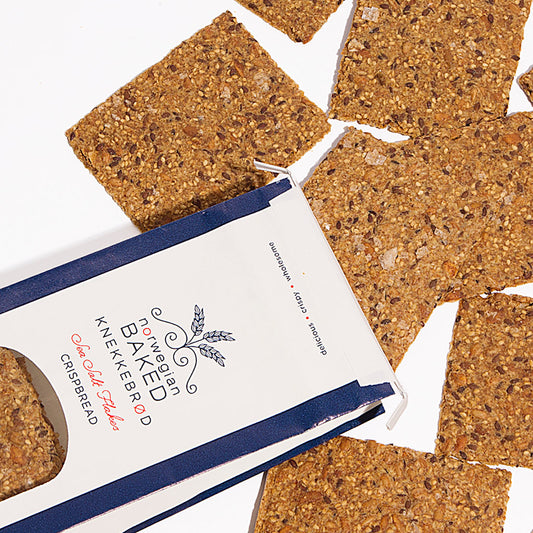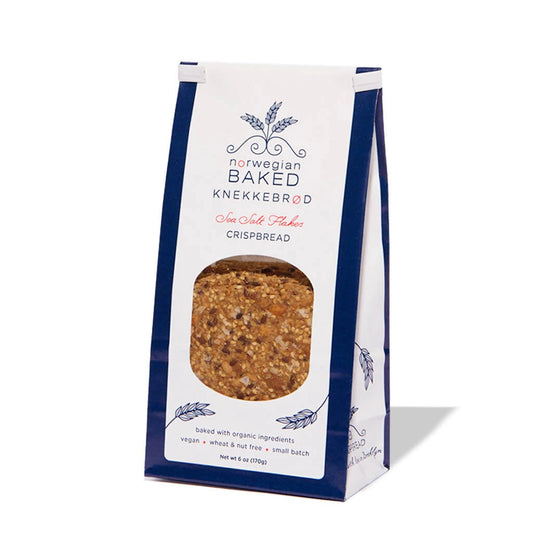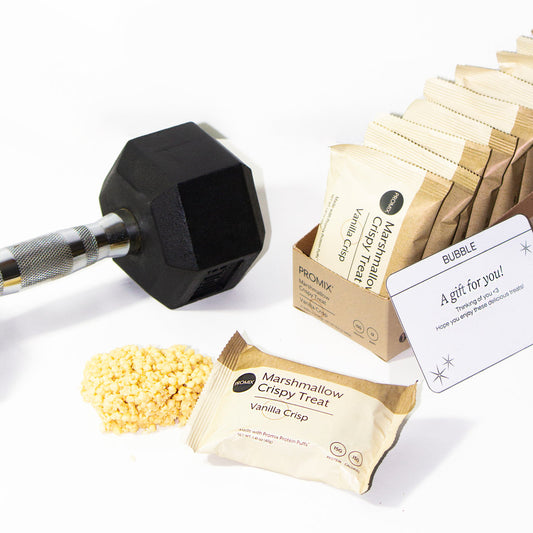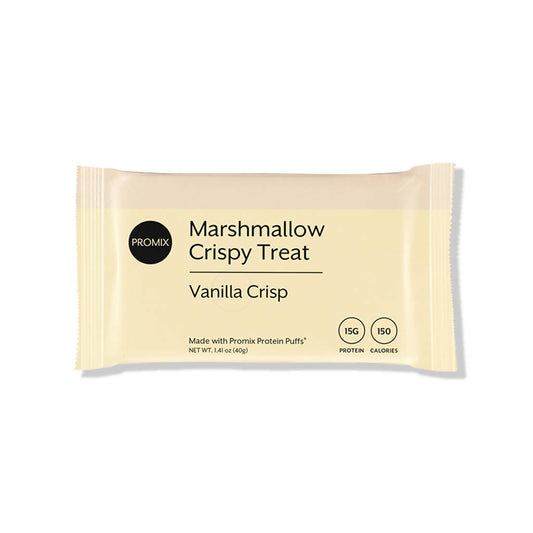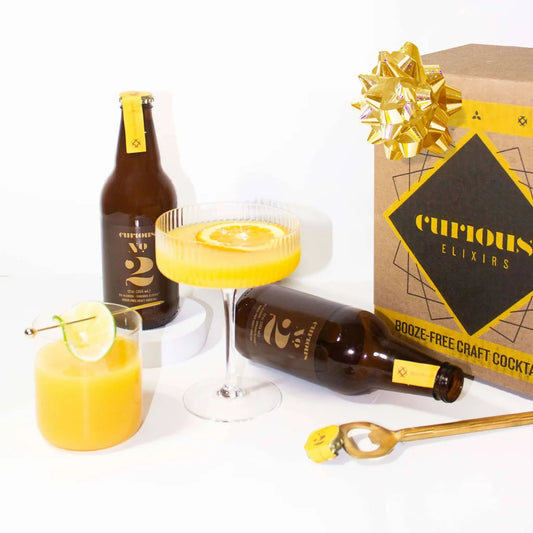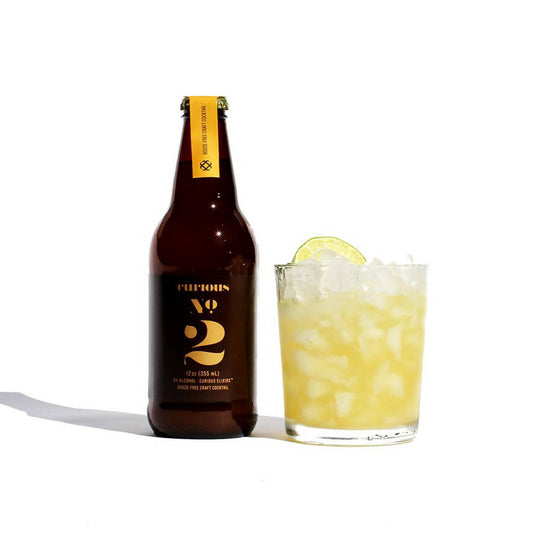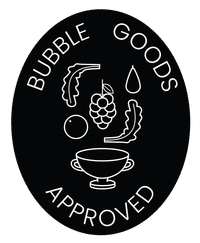👁 Contents

As an online marketplace who vets and merits brands with clean label ingredients, ones that feature real and simple foods without artificial ingredients and honors transparency through authenticity, we don’t doubt that there’s a place for restaurants and establishments that offer healthy, clean label ingredients, an initiative that most establishments and cuisines of any culture may lack in an industry where taste is the utmost priority.
On Monday, April 8th, Jewish-American wellness coach, Arielle Haspel opened up a fast-casual restaurant in New York City. Lucky Lee’s promised to offer “feel-great food inspired by American-Chinese cuisine” with the added stamp of the clean label concept. The concept sounded promising, so what went wrong with Lucky Lee’s?

Right after the restaurant’s launch on Monday Lucky Lee’s was hit with an onslaught of backlash from the public, major media outlets like Vice News stated that there are real problems with Lucky Lee’s framing of the Chinese cuisine as “unhealthy.”
Instagram and Twitter users felt strongly about the use of adjectives “clean” and “feel-great” and believed that it perpetuated negative connotations about Chinese food.
Chef Eddie Huang also voiced his opinion, comparing the concept of “Outdoor Voices baked Orange Cauliflower” to the “Fyre Fest of Food and Wellness.”
Eddie Huang vs. Lucky Lee, / please pay my respects to Lucky Lee, except well actually don't pic.twitter.com/URvzpdv941
— Delia Cai (@delia_cai) April 10, 2019
A visit on the restaurant’s Yelp page and you’ll be met with an “Unusual Activity Alert” and a notice that the “business is being monitored by Yelp's Support team for content related to media reports.”

The spark that ignited all of the fury with Lucky Lee’s are the owners’ failure to properly relay the message of clean eating in an informed and culturally sensitive way.
Haspel captions a deleted Instagram post of their "High Lo Mein" dish as one that isn't “too oily” or salty and doesn't make you feel “bloated and icky" the following day. Beyond the poor choice and play of words, the use of motifs like bamboo and jade, a logo with a chopstick-inspired font, and the name Lucky Lee’s boasts a stereotypical Chinese tone even though she and her husband, Lee, are not of Asian descent
While mindful of the ingredients they were to use in their dishes, it quickly became clear that the owners failed to be mindful of the language, tone, branding, and education necessary to market their entire concept.
Although well-intentioned, out of context the use of the adjective, “clean" along with the label of American-Chinese food immediately came across as tone deaf and insensitive to the rich history and culture of Chinese cuisine in America. After all it’s 2019, and knowledge of any culture can certainly be met in every corner, most especially in the city of New York.



